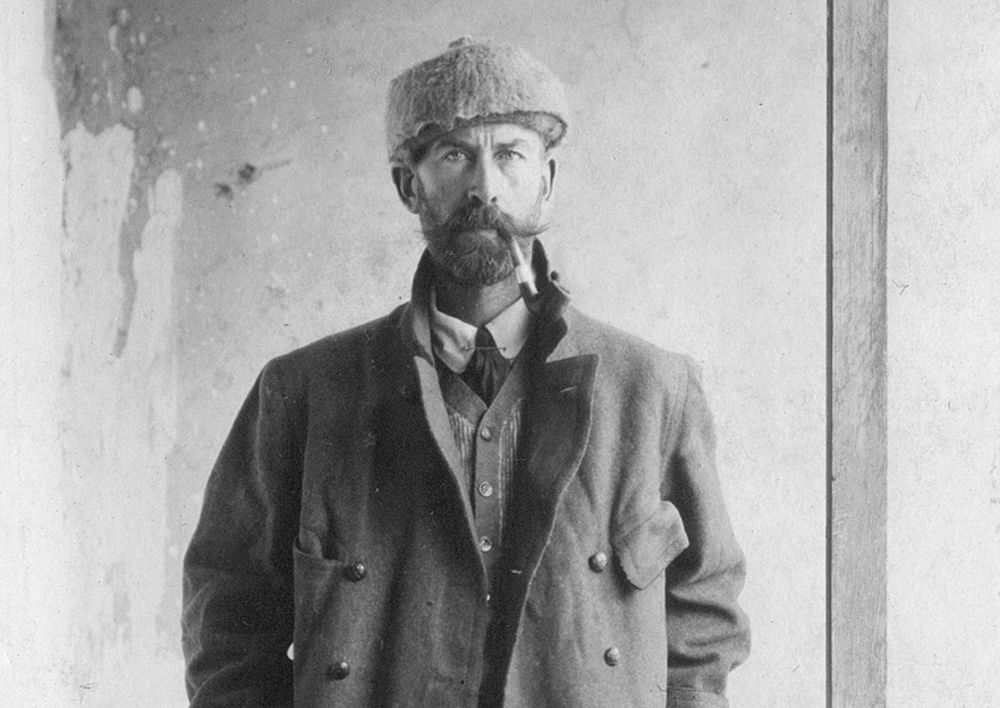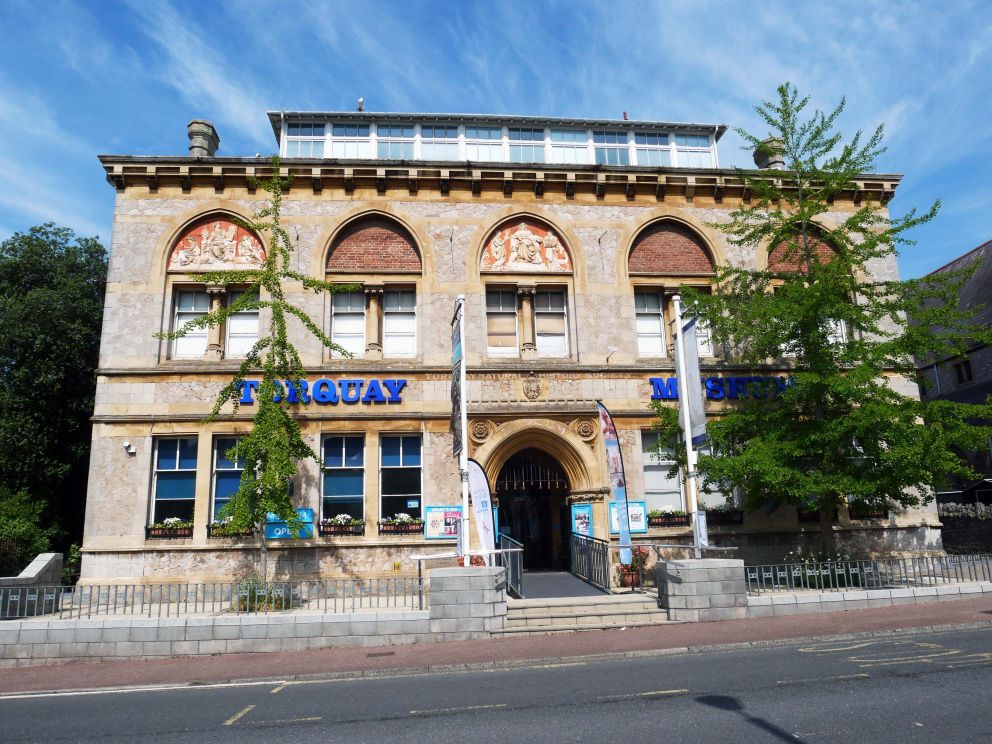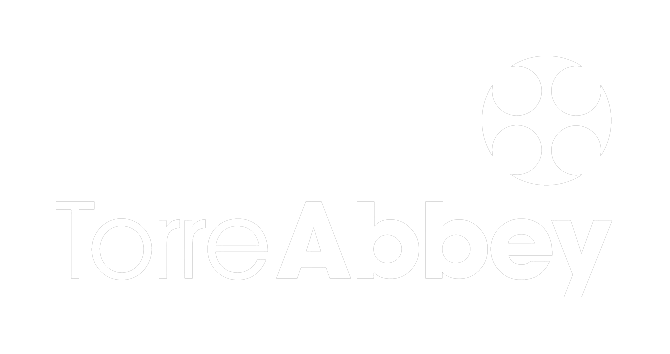Remembering Col. Fawcett in WWI
 4th November, 2021
4th November, 2021
A few weeks ago the Museum was visited by Col. Percy Harrison Fawcett’s granddaughter Rolette and great-granddaughter Izzy who came to see the permanent displays about his life. The conversation turned to the possible loan of his World War I Distinguished Service Order medal to complement the existing display, which is still a much treasured possession of the family.
The then famous, Torquay born explorer, returned from his 1913 - 14 Amazon Expedition straight into global war. In September of 1914 he and his companions Costin and Manley were ready to go in search of the lost city of Z, they instead found themselves heading back to Europe. There was a great demand for experienced officers, so aged 47, Fawcett volunteered. He briefly visited his family then headed to the Western Front, where, as a Major in the Royal Field Artillery, he was placed in command of more than one hundred men.
Fawcett’s jungle survival experience lent itself to the appalling living conditions of the frontline trenches. He was excellent at holding his position and by January 1916 was promoted to lieutenant colonel, in command of a brigade of more than seven hundred men, overseeing nine gun batteries. He was repeatedly mentioned in despatches. Fearing that someone would discover Z whilst he was stuck at the front he kept himself informed of events in the Amazon through the Royal Geographical Society. In May 1916 the RGS awarded Fawcett the Gold Founders Medal, the same honour that had been given to Richard Burton, David Livingstone and Alfred Russel Wallace. Fawcett was delighted, he returned home to receive the award. “I possess the medal and am content” he remarked. It was a well-deserved reward for this remarkable achievement in mapping South America.
In July 1916 Fawcett’s brigade took up positions along a river in northern France. It was the battle of the Somme and on its first day nearly 20,000 British soldiers died. Fawcett wrote that “cannibalism at least provides a reasonable motive for killing a man, which is more than you can say for civilised warfare.“ Periodically the brigade was subject to gas attack. In 1917 Fawcett himself was gassed. He continued to fight on, again being mentioned in despatches and was eventually awarded the Distinguished Service Order decoration.
Fawcett survived the Great War in good physical health but his experiences on the Western Front served to reinforce his spiritualist views. The war had given him a disdain for western civilisation. “Humanity will learn nothing without being compelled to suffer” he wrote in 1925, but it had not diminished his belief in Z.
Learn more about Col. Fawcett’s remarkable life in Torquay Museum’s Explorers Gallery.
















